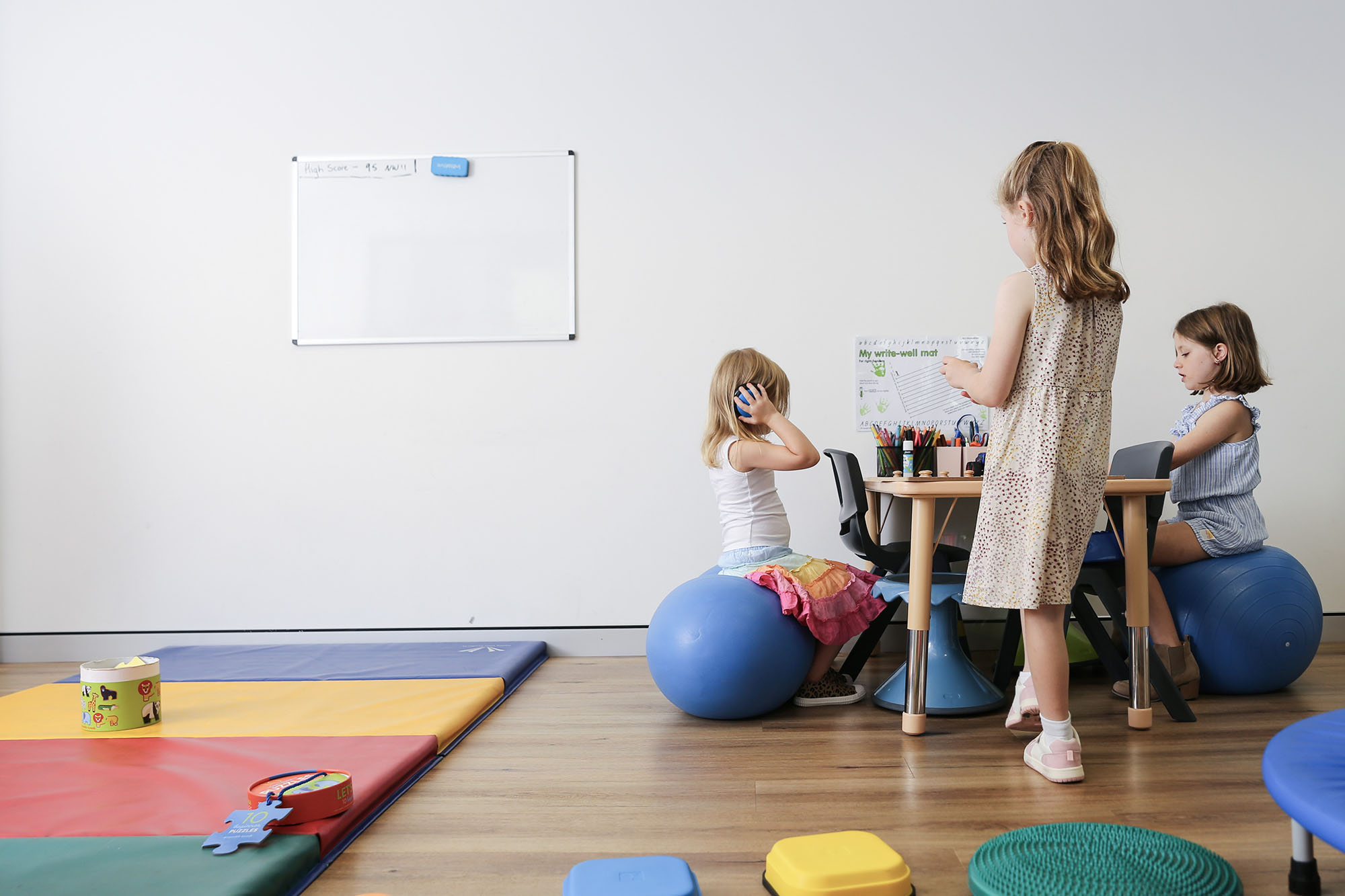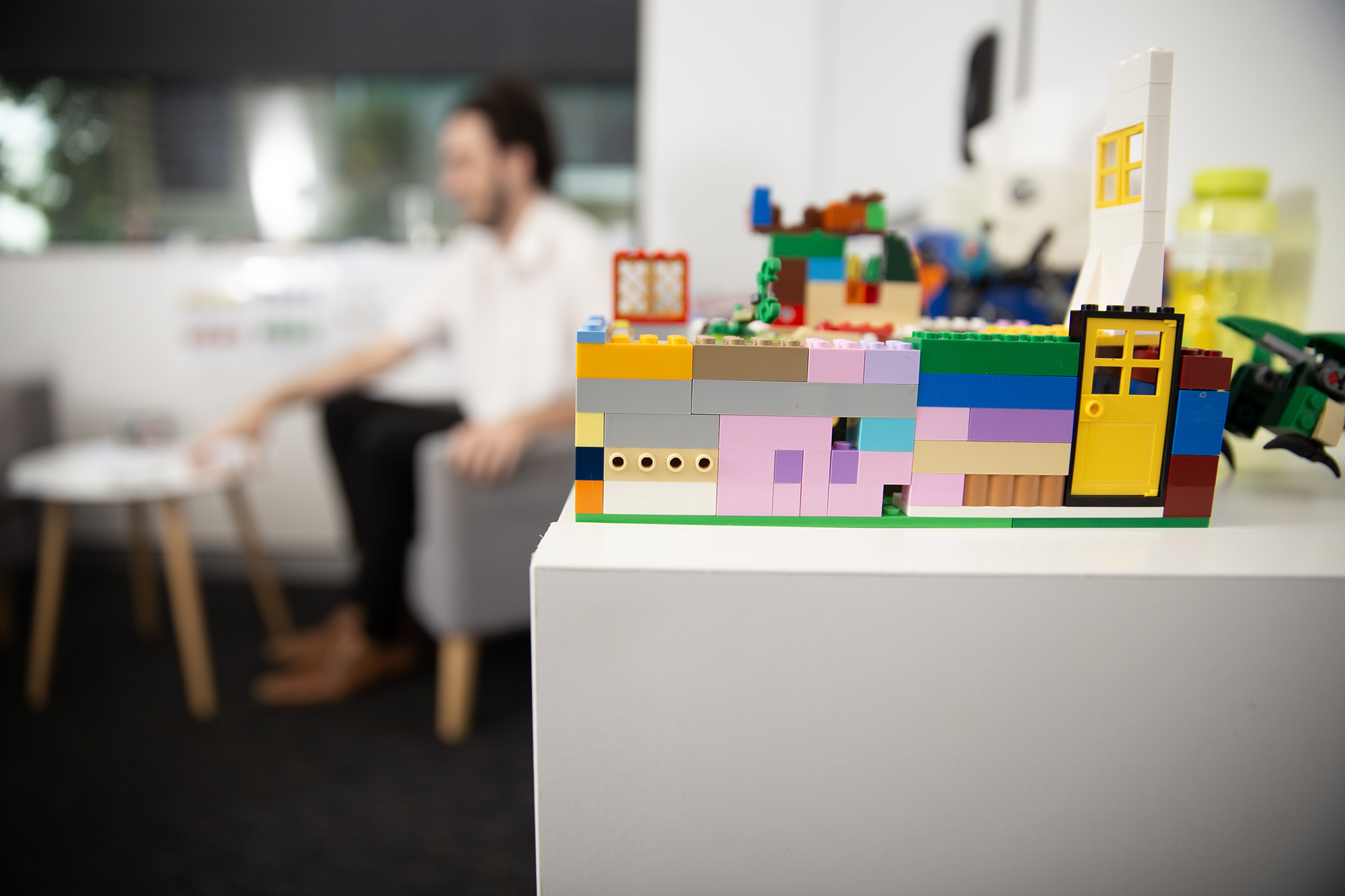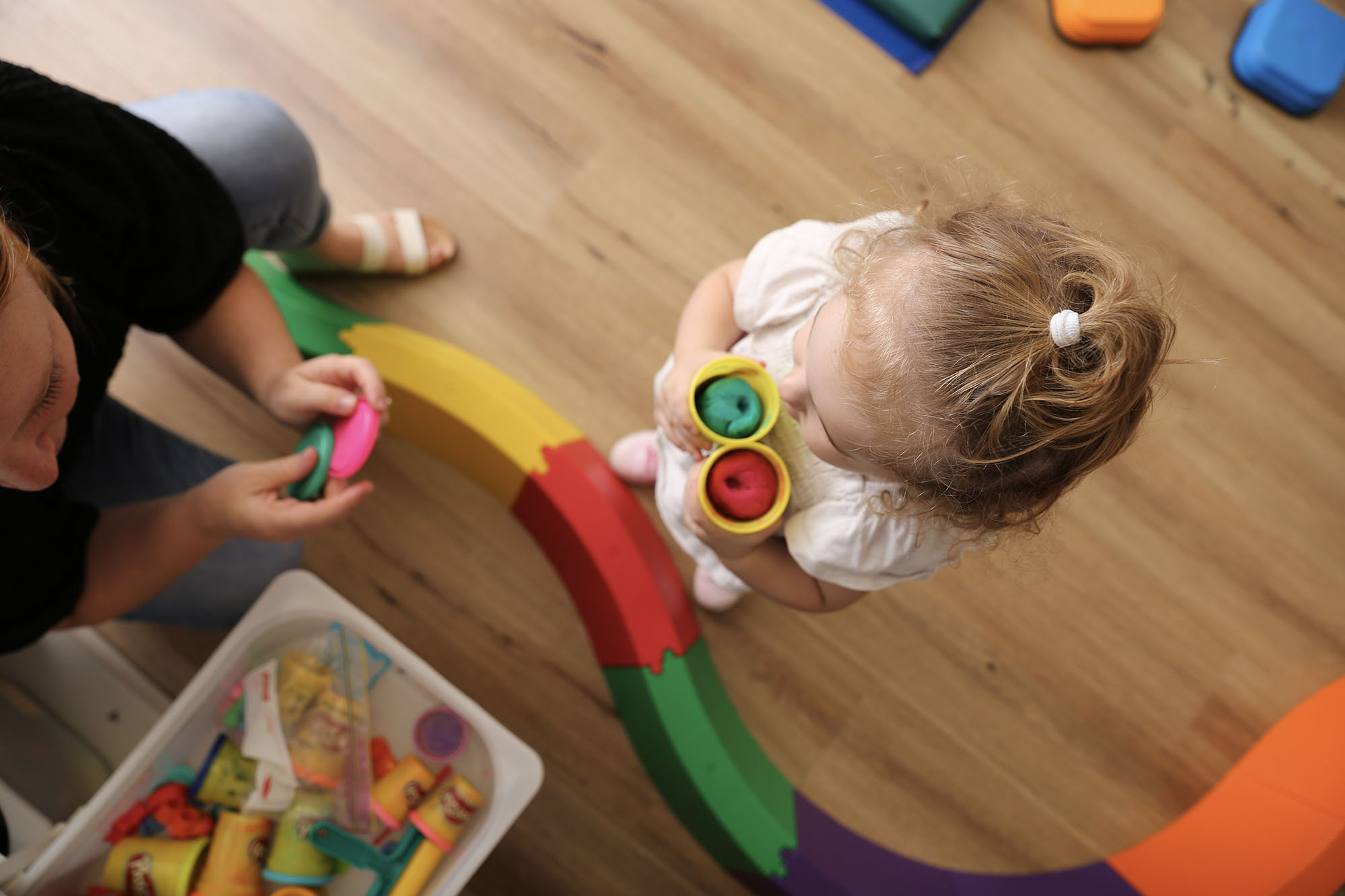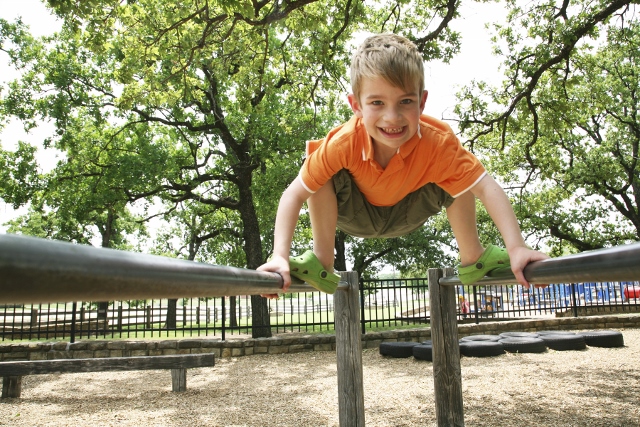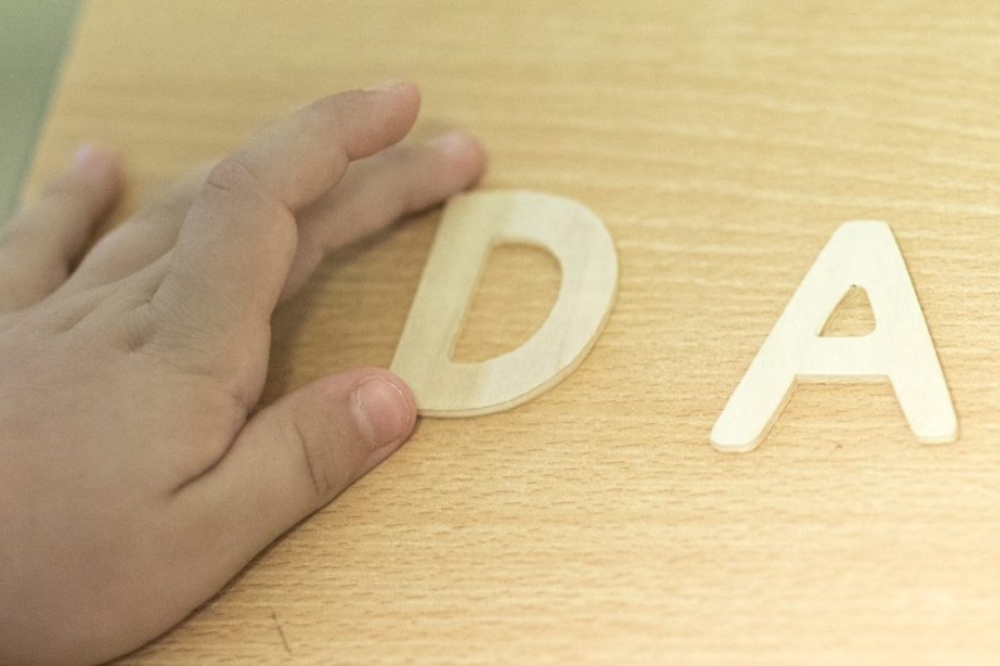- Assessments
- /
- Fine & Gross Motor
Fine and Gross Motor Assessment
Assess how a child’s motor skills impact their ability to engage in home and school activities or participate socially in their world.
About these assessments
Motor skill assessments help us understand key skills that may make it harder to move, physically play, use hands in a functional way and sit for long periods of time.
Youthrive uses both formal and informal tools to assess fine and gross motor skills.
Formal assessment or standardised assessment tools available across Youthrive clinics include the Bruinincks-Oseretsky Test of Motor Proficiency- 2nd Edition (BOT-2), Miller Function and Participation Scales (M-FUN), Movement ABC (MABC) and the Beery-Buktenicka Test of Visual Motor Integration (Beery VMI).

What to expect at an assessment
In an informal assessment, the Occupational Therapist will engage with your child in play, games or more structured activities to observe their motor skills in a relaxed manner. This may be preferable for families who are unsure if a formal assessment is needed, for children who may not engage well in a formal assessment or to suit cultural or personal preferences. If a formal assessment Is completed, your child may be provided with a series of drawing, cutting or manipulative activities (eg. using a peg board or sorting cards) for a fine motor assessment. They will be provided big movement tasks for gross motor assessments that may involve jumping or ball skills.
We ask that all participants wear closed shoes for gross motor assessments. Assessment time frames may vary depending on your child’s age and ability to focus and follow instructions. They typically range from 60 – 90 minutes in duration and may run over multiple sessions.


